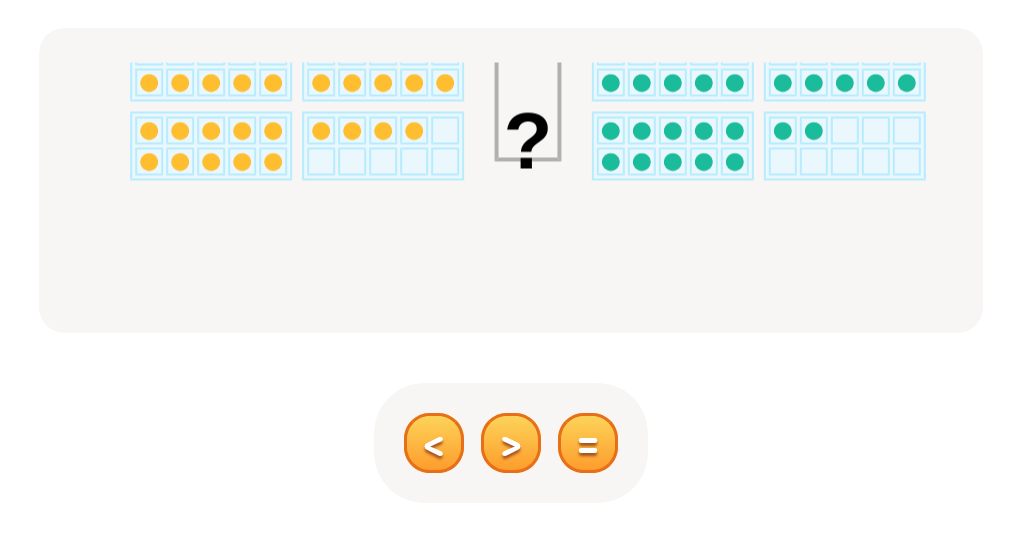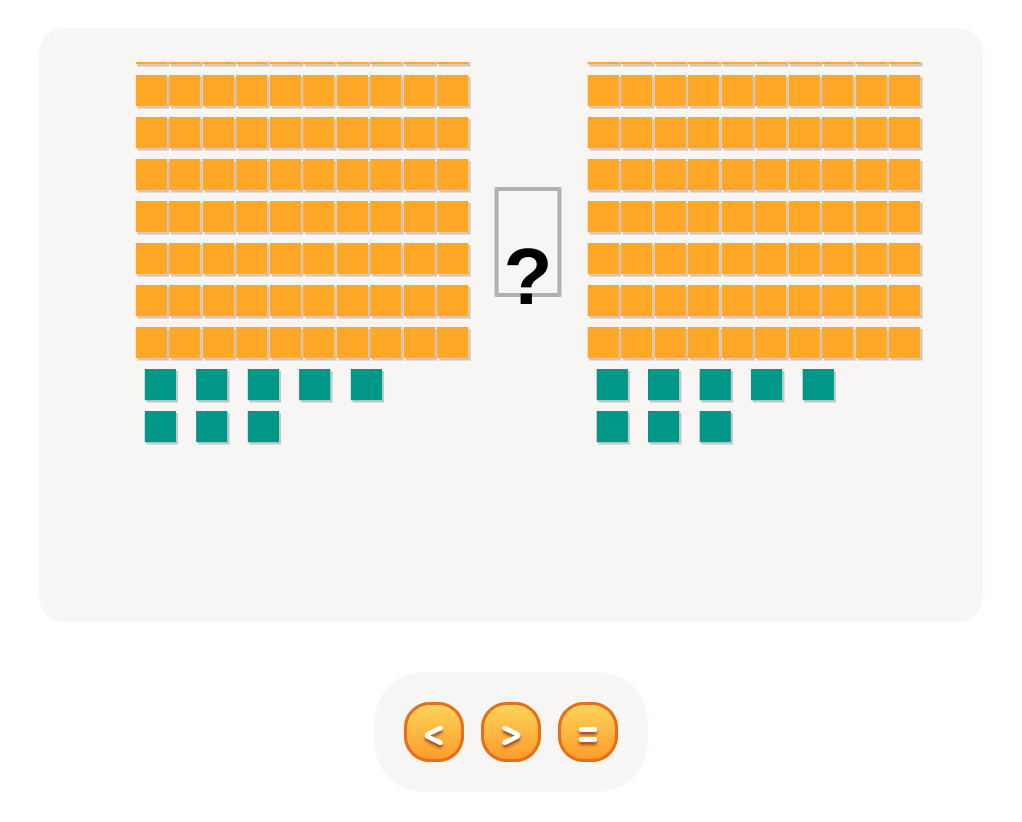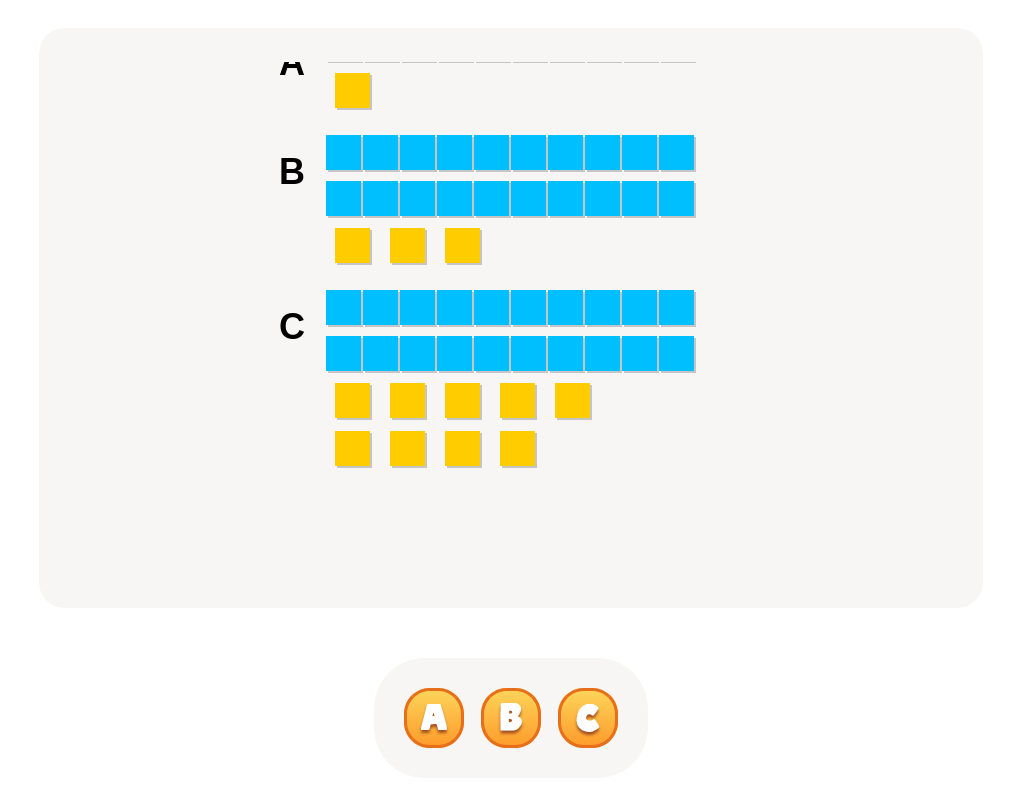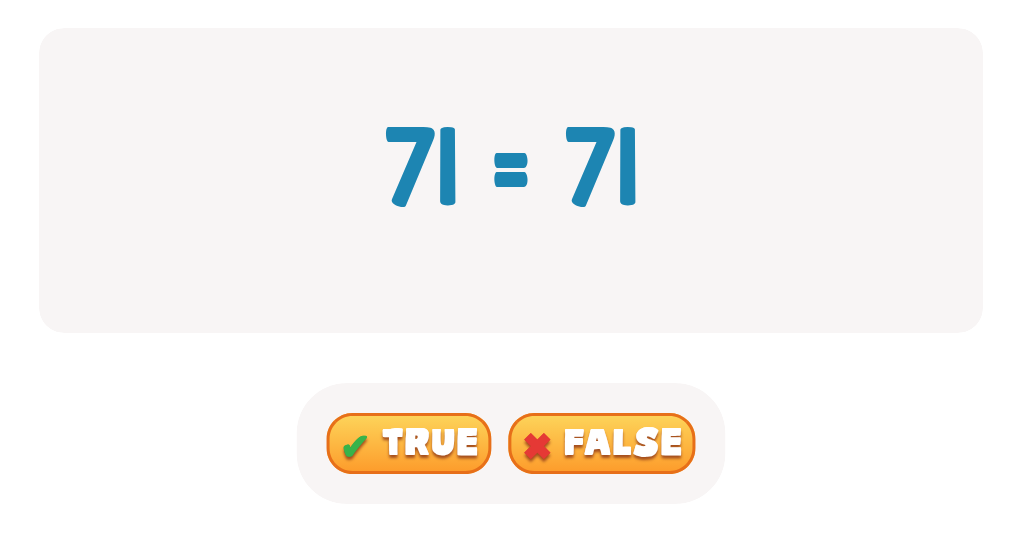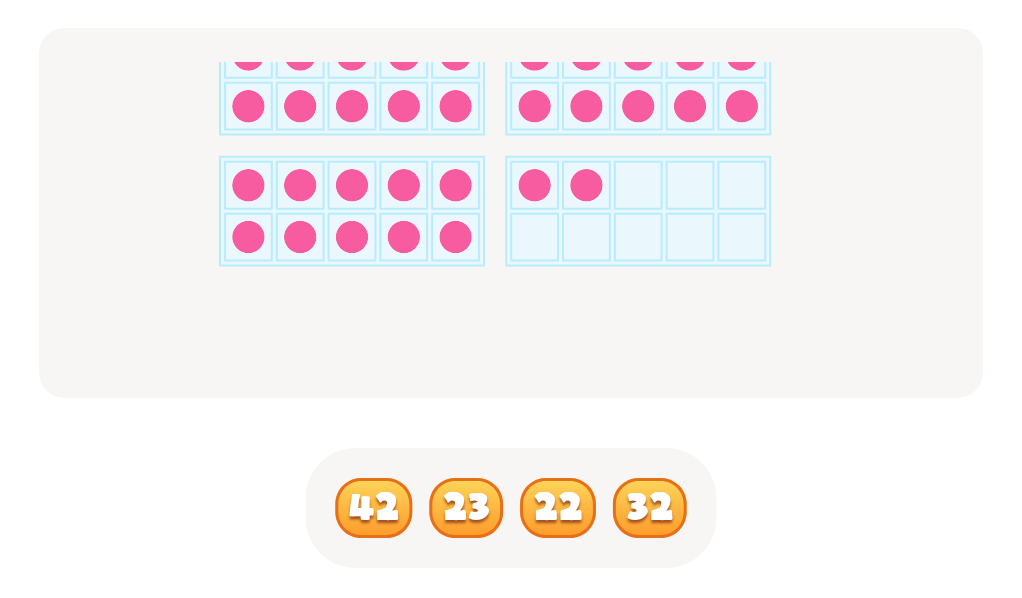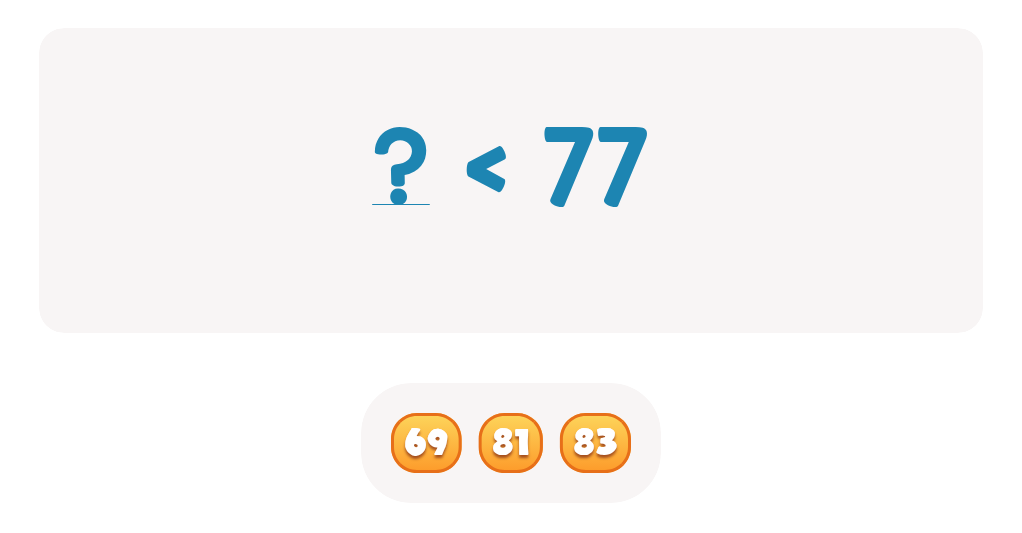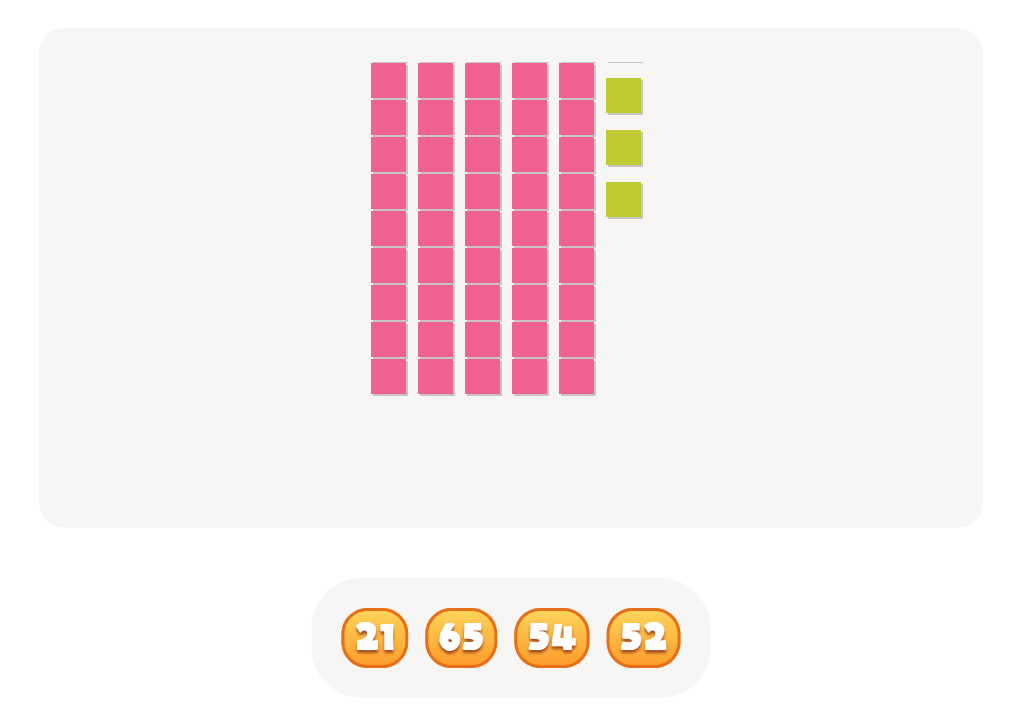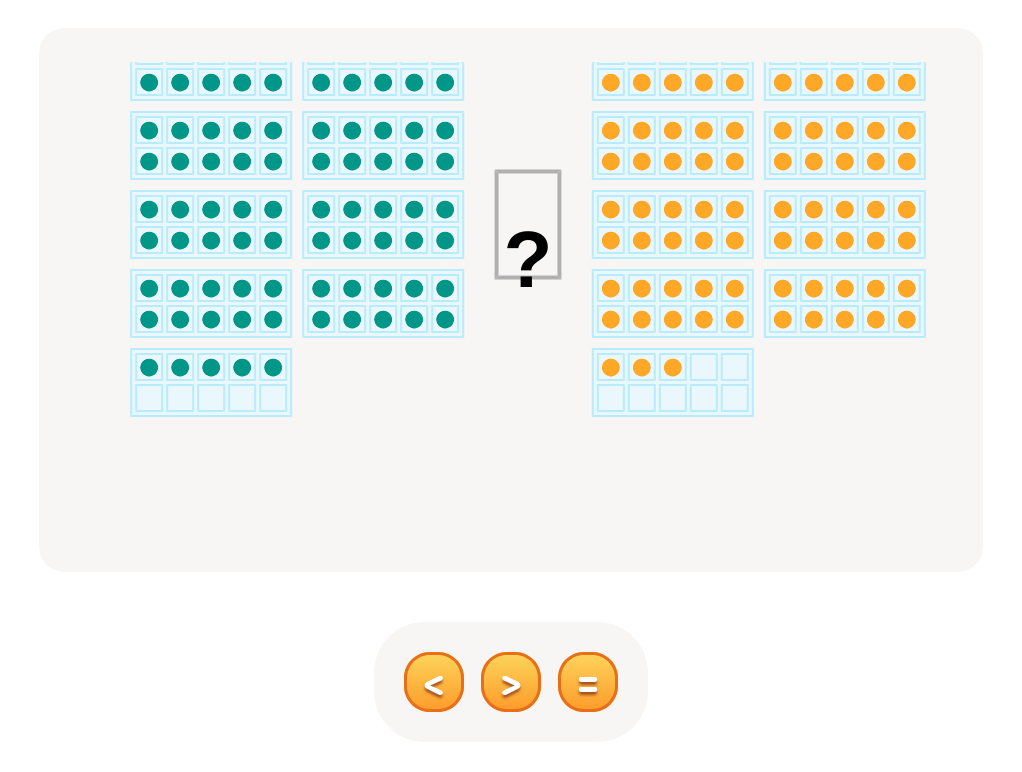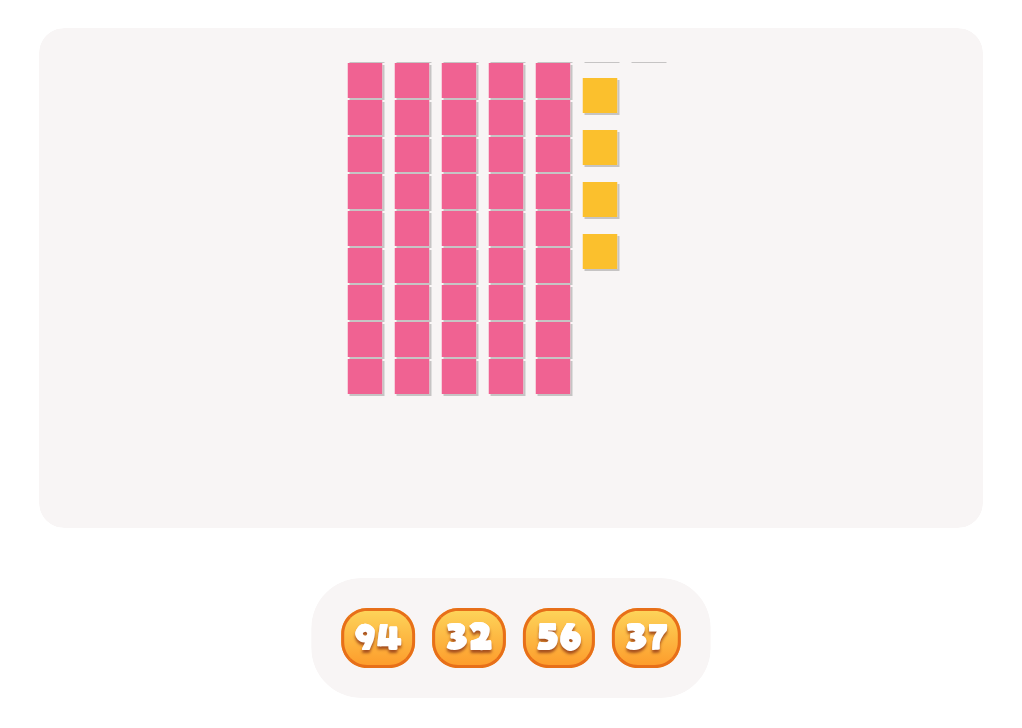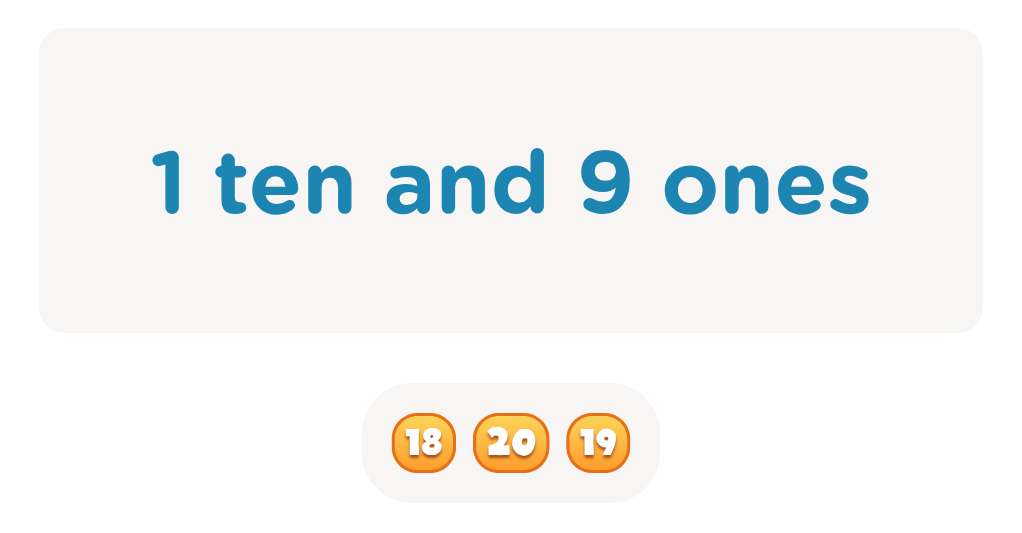Problem-solving abilities Place Value Worksheets for Ages 3-7
3 filtered results
-
From - To
Unlock your child's potential with our engaging Problem-solving Abilities Place Value Worksheets, designed for ages 3-7. These worksheets focus on enhancing critical thinking and problem-solving skills while introducing foundational concepts of place value. Through fun, age-appropriate activities, children will learn to differentiate between units, tens, and hundreds, ensuring a strong grasp of mathematical concepts. Our interactive format encourages creativity and engagement, making learning enjoyable. Perfect for parents and educators, these worksheets provide a comprehensive approach to math readiness, setting the stage for future success. Dive into a world of learning today and help your child build confidence in their problem-solving abilities!
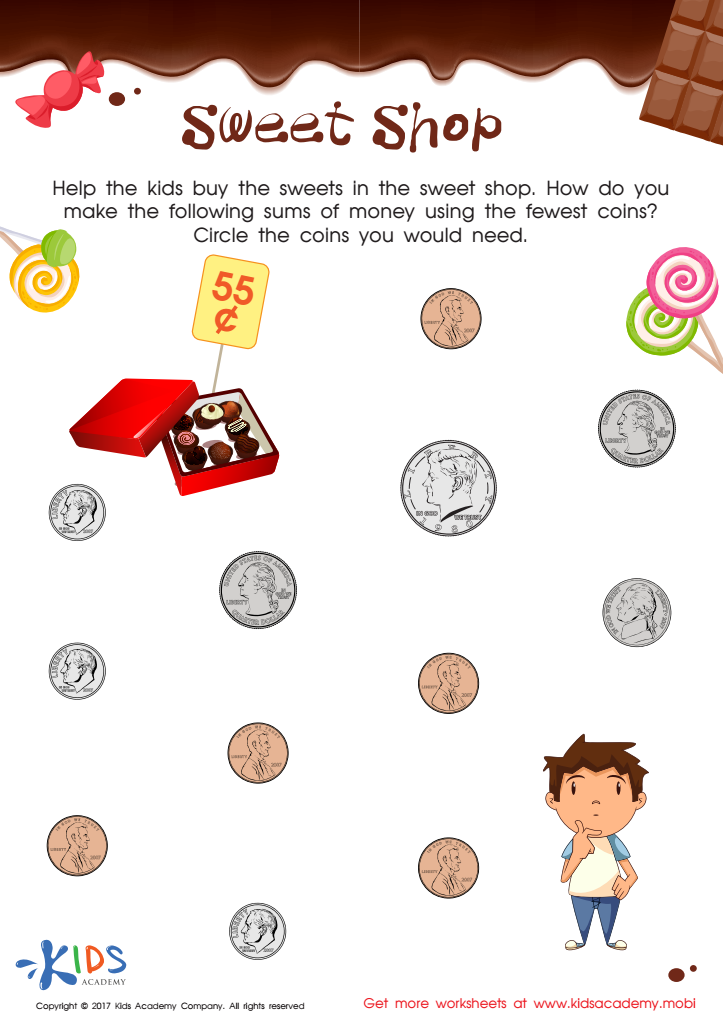

Sweet Shop – Counting Coins Worksheet
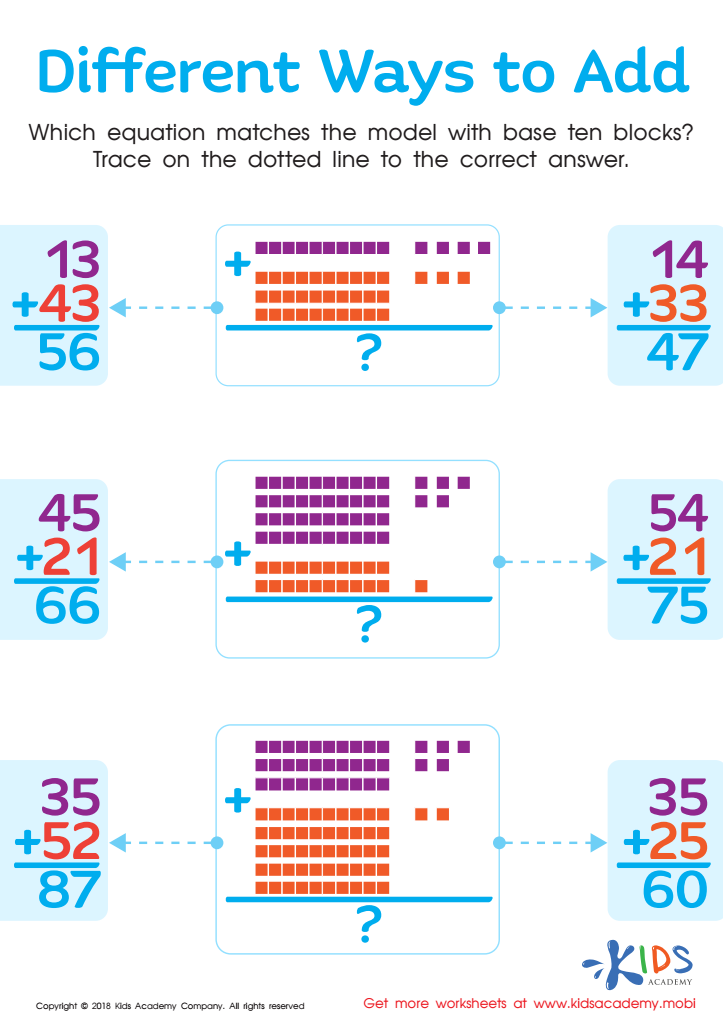

Different Ways to Add Worksheet
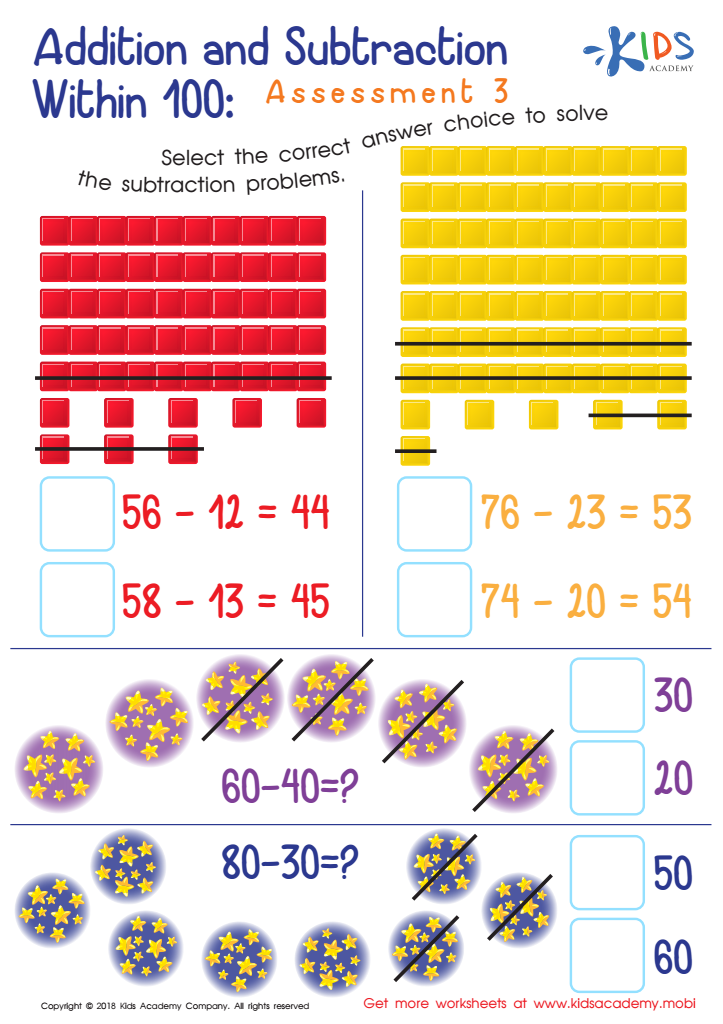

Addition and Subtraction Within 1: Assessment 3 Worksheet
Problem-solving abilities, particularly in the context of place value, are crucial for young learners aged 3-7, as they lay the groundwork for a solid understanding of numbers and mathematics. Parents and teachers should prioritize these skills because early mathematical foundations greatly influence future academic success. Understanding place value—recognizing that the position of a digit affects its value—helps children grasp more complex concepts, such as addition, subtraction, and even numbers' relationships.
By developing problem-solving abilities in place value, children enhance critical thinking and analytical skills. These cognitive skills are not only essential for mathematics but also extend to various life situations, fostering logical reasoning and decision-making.
Additionally, engaging children in playful problem-solving exercises with place value concepts makes learning enjoyable, which can promote a lifelong interest in math. This early engagement equips children with a growth mindset, encouraging resilience in the face of challenges.
In summary, cultivating problem-solving skills around place value is essential for developing numeracy skills, preparing children for more sophisticated mathematical concepts, and nurturing essential life skills that serve them well beyond the classroom. Both parents and teachers play a pivotal role in this developmental journey.

 Assign to My Students
Assign to My Students
